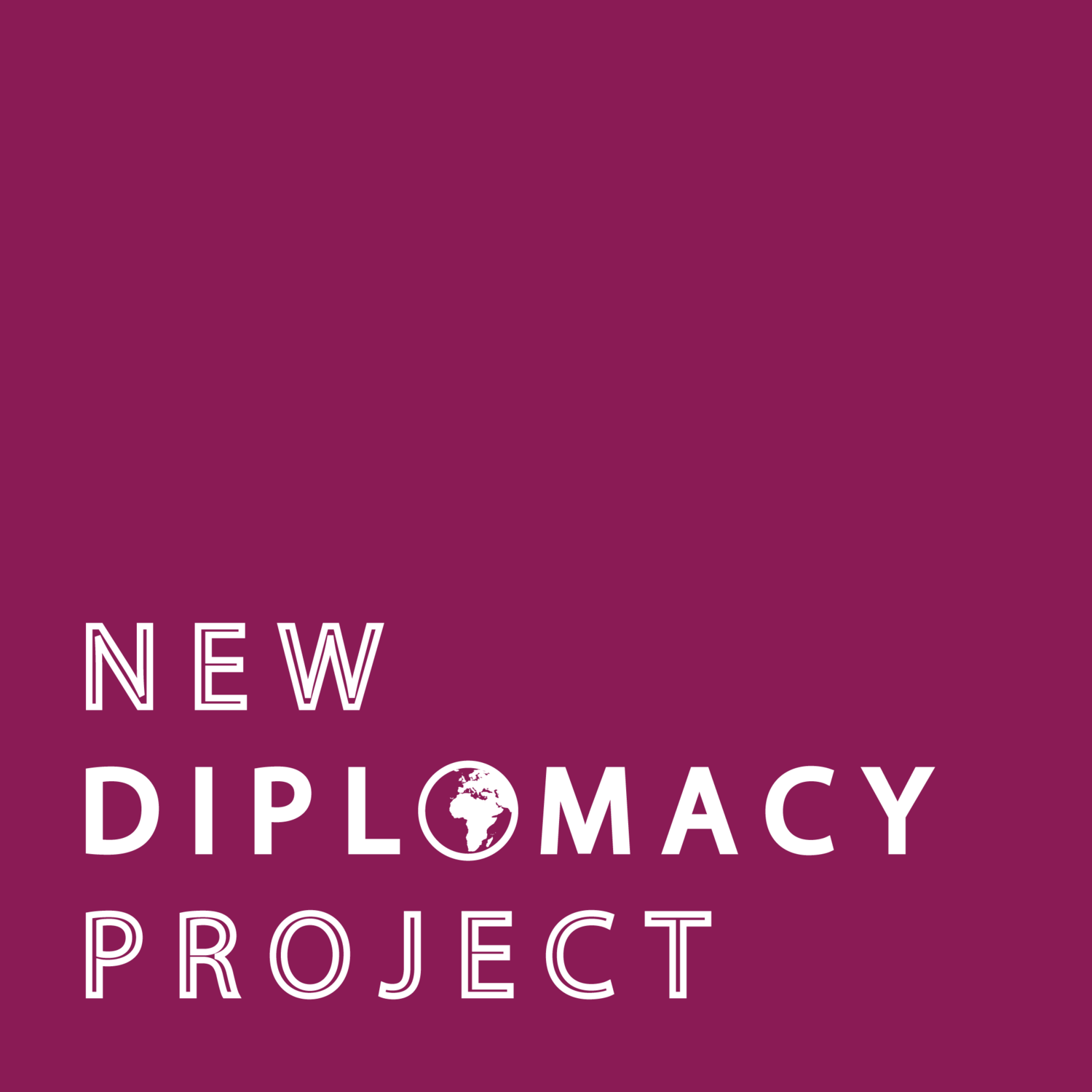A New Hope? The UK’s Response to the new Syria
Very few analysts would have predicted that the Assad regime – a vicious authoritarian narco-state – in Syria would have fallen so soon, so quickly and so comprehensively. The future is full of opportunity, but also uncertain, rife with difficulty, and quite possibly dangerous.
Where does this leave the UK? What policy options should the UK take in response to the new situation in Syria?
For the better part of the last decade the UK’s policy towards Syria could be summarised as follows: the diplomatic isolation of the Assad regime, and therefore his Russian and Iranian allies; the continued fight against Da’esh through Operation Inherent Resolve (OIR); and the support of the Kurdish-led Syrian Democratic Forces (SDF) in the North-East of the country.
In many ways the overarching policy towards Syria remains broadly the same; however, the detail of such policy changes rapidly with the new context.
Firstly, the opportunities. The fall of the Assad regime – welcome in itself – is a significant strategic blow to two of the UK’s primary adversaries, Russia and Iran. The main revolutionary factions are explicitly anti-Iran, and therefore the Islamic Republic’s ability to easily support Hezbollah in Lebanon through the Syrian corridor is now constrained. It is too early to tell exactly how the current Syrian rebel forces will deal with Russian forces post-victory, but the likelihood of a friendly relationship with Assad’s primary supporter is slim. The longevity of Russian presence in Syria – including the strategic Mediterranean port of Tartus– looks shaky. The UK, alongside partners, must capitalise on this advantage using diplomatic and intelligence channels to ensure the Russian and Iranian defeat is sustained.
There have been many rebel groups that have taken the fight and toppled Assad. Of course, the overarching hope is that these various revolutionary groups will be able to find a workable compromise and start reconstructing their battered nation. However, the danger is that with such a melange of disparate groups, all with different ideologies and interests, Syria could collapse back into a general civil war. This would be a disaster, most especially for the long-suffering Syrian people, and leave openings for the UK’s adversaries – both state and non-state – to exploit.
The UK’s closest partner in Syria is the SDF. While imperfect, the SDF are predominantly secular and have led the fight against Da’esh in Syria. Perhaps most importantly for UK interests, the major Da’esh detention facilities and refugee camps are held in SDF territory and guarded by SDF personnel. The nightmare scenario of a complete collapse of these facilities leading to the exodus of thousands of not just refugees, but Da’esh sympathisers, into the surrounding region is one to be keenly avoided by British policymakers. It is for this reason that the various coalition members of OIR, but in particular the US, British and French, have continued to support the SDF as their primary partner in the region.
Unfortunately, the SDF are considered to be little more than a terrorist organisation by Türkiye, whose armed forces have conducted strikes against the Kurdish-led forces for years. As of time of writing, the Turkish-backed Syrian National Army (SNA) is launching offensives against SDF territory. Indeed, the major factor holding back Türkiye from unleashing a full-blown offensive against the SDF is the presence of US forces in Northeast Syria.
The primary armed group in western Syria, Hayat Tahrir al-Sham (HTS) is a Sunni Islamist force with historical links to Al-Qaeda and proscribed as a terrorist group by the UK. While outwardly it has demonstrated a more moderate approach, there are deep fears that the multitude of non-Sunni minorities in Syria will be persecuted.
Despite its own designation of HTS as a terrorist organisation, there is significant evidence to suggest that Türkiye has cooperated and supported the group to further its own goals and may have a degree of influence over the group’s actions.
Indeed, Türkiye – alongside the USA and, to an extent, Israel – now stands as the foreign power with the most sway over events in Syria. Türkiye then becomes the UK’s primary stakeholder to influence in the next crucial few weeks. While supporting the US will also be critical, the UK could play a role by galvanising European diplomacy into a unified front. Concerned primarily with terrorism, refugees and the humanitarian situation, the primary European powers have the same aims as the UK. A delicate balance will have to be struck over how to ensure the continued fight against terrorism, the protection of the Kurds and other ethnicities, and the pathway towards a moderate, stable, democratic Syrian government.
Syria now lies at a crucial inflection point. The UK is not a major player, but could very well help decisively influence the key stakeholders to shape a better future for this much-beleaguered country.
Matthew Palmer is a military officer with deployed experience in the Middle East, and a fellow of the Royal Navy Strategic Studies Centre. All views are his own and do not represent those of the Ministry of Defence or His Majesty’s Government.
Image courtesy of Unsplash and taken by Mahmoud Sulaiman
